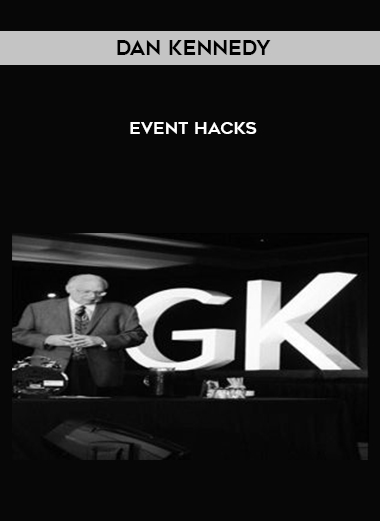
How to Learn More with Less Studying
Salepage : How to Learn More with Less Studying
Archive : How to Learn More with Less Studying Digital Download
Delivery : Digital Download Immediately
How to Learn More in Less Time
Do you ever spend hours re-reading content that just doesn’t seem to stick?
Do you struggle with difficult topics that others appear to grasp instantly?
Do you find yourself easily forgetting the facts you fought so hard to remember?
Are your classes taking up all of your time, yet you’re not obtaining the grades you want?
All of these scenarios are quite prevalent. Many students appear to believe that the only way to improve is to study more. However, this ignores the fact that many students appear to sail through difficult courses without putting in nearly the same amount of time.
Are students who glide through difficult subjects just more intelligent? While fixed intellect is important, I want to persuade you that a large part of the difference between low-effort, successful students and high-effort, failing students is a difference in strategy. Smart pupils not only learn better, but they also learn differently.
I want to show you how clever individuals study so that you may get fantastic achievements without having to battle.
In an ideal world, this would have been taught in school alongside arithmetic and physics. Schools, unfortunately, spend years teaching us what to learn but seldom, if ever, teach us how to learn. As a result, many students waste years studying inefficiently without recognizing there is a better approach.
How to Learn More Quickly
Most people believe that learning quickly is something that only geniuses can achieve. People who earn good scores without putting in long hours must be smarter than the rest of us. Right?
Wrong!
According to research, various strategies (the sort that brilliant people frequently employ intuitively) can have radically different effects—even for ordinary people like you and me:
Students in one research were able to retain twice as much knowledge with the same amount of review time by engaging deeper levels of processing. [Craik 1972]
Small changes in how you practice might be the difference between quick development and remaining stuck on a skill plateau indefinitely. [Ericsson 1993] Formalized paraphrase
Memory can be compromised. Joshua Foer went from having an average memory to winning the 2005 U.S. Memory Championship by memorizing hundreds of objects at lightning speed. All with the help of a simple approach I explain in this course. [Foer 2011]
Change Your Approach and See Dramatic Results
Changing your techniques can have a significant impact. I demonstrated this by completing MIT’s four-year computer science curriculum in 12 months. You can watch my TEDx Talk on it here:
More importantly, students who took my course achieved the following outcomes:
John P. reduced his study time by 75% while increasing his grades.
R.J., a C-student in the past, aced his professional test in half the time.
Using only one strategy I taught, Nayamot moved from failing to acing his chemistry class.
Santiago went from barely passing with little social life to receiving top marks and scholarships worth thousands of dollars.
Deepali mastered two years’ worth of information in two months while scoring in the top 1% on a national engineering exam.
But don’t just take my word for it; listen to what the kids have to say:
More from Categories : Self Growth














Reviews
There are no reviews yet.